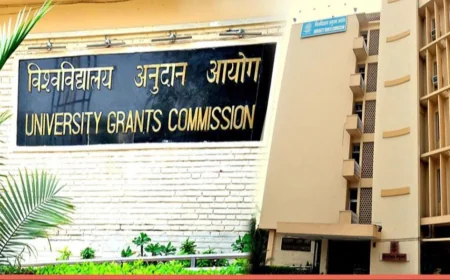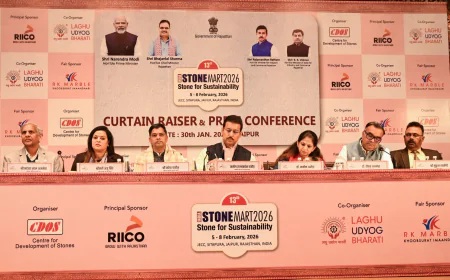Government bans Gmail and WhatsApp in J&K, says government documents will not be sent via internet
Gmail and WhatsApp Ban in J&K: The order states that tools like WhatsApp and Gmail are not designed to manage sensitive or confidential data. Their security system does not meet the rigorous standards required for government communication.

The Jammu and Kashmir government has banned the use of third-party platforms like WhatsApp and Gmail to share sensitive official documents. The General Administration Department issued the directive on Saturday. Such a move may result in an increase in the chances of data leakage, along with security breaches. "These tools are not designed to handle sensitive data or data that is confidential in nature," the order reads. Its security system does not meet the rigid standards laid out in government communication.
This order basically says that cognizance has been taken by the administration over the increasing trend in the use of third-party platforms by its officers and employees, which seriously compromises the security and integrity of important information.
The order states that sharing sensitive, secret, and confidential information through third-party tools can lead to several potential problems, such as unauthorized access, data leaks, and security breaches. This can adversely affect the integrity of government operations.
Want to get your story featured as above? click here!
Want to get your story featured as above? click here!
Sensitive information has been classified into four categories:
- Top Secret
- Secret
- Confidential
- Restricted
Top Secret and Secret documents will not be shared over the Internet. This information can be shared only through a closed network with SAG-grade encryption implemented. Confidential and restricted information can be shared over the Internet only if the network has AES 256-bit encryption implemented.
The advisory by the government, therefore, is that the information of the nature of Confidential and Limited should be sent by the government email services or government instant messaging platforms, such as Samvaad of C-DAC, Sandesh of NIC, etc. n the context of the e-office system, departments have been instructed to use proper firewalls and whitelisted IP addresses.
Top secret and secret information shall not be transmitted via video conferencing. The working-from-home officials are advised to use security-compliant devices like laptops and desktops, connect with office servers via VPN and firewall. Top secret and secret information is not to be shared while working from home. It was instructed that digital assistant devices like Amazon Echo, Apple HomePod, Google Home, etc., are to be kept away from the office when discussing confidential issues.





































.jpeg)

































































































